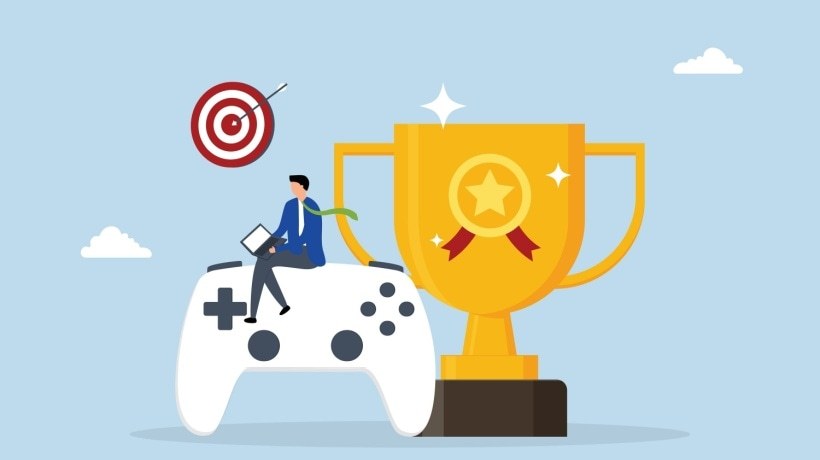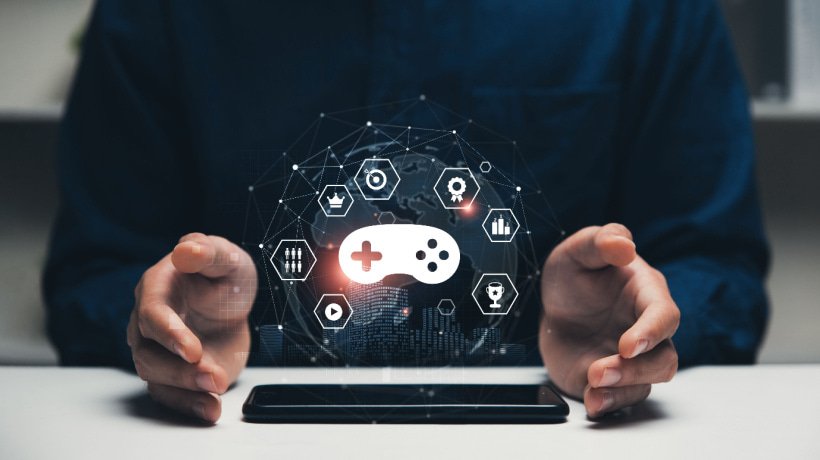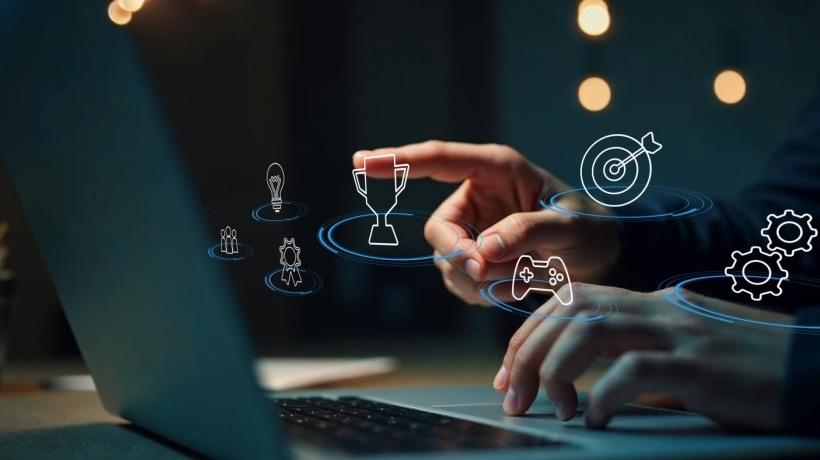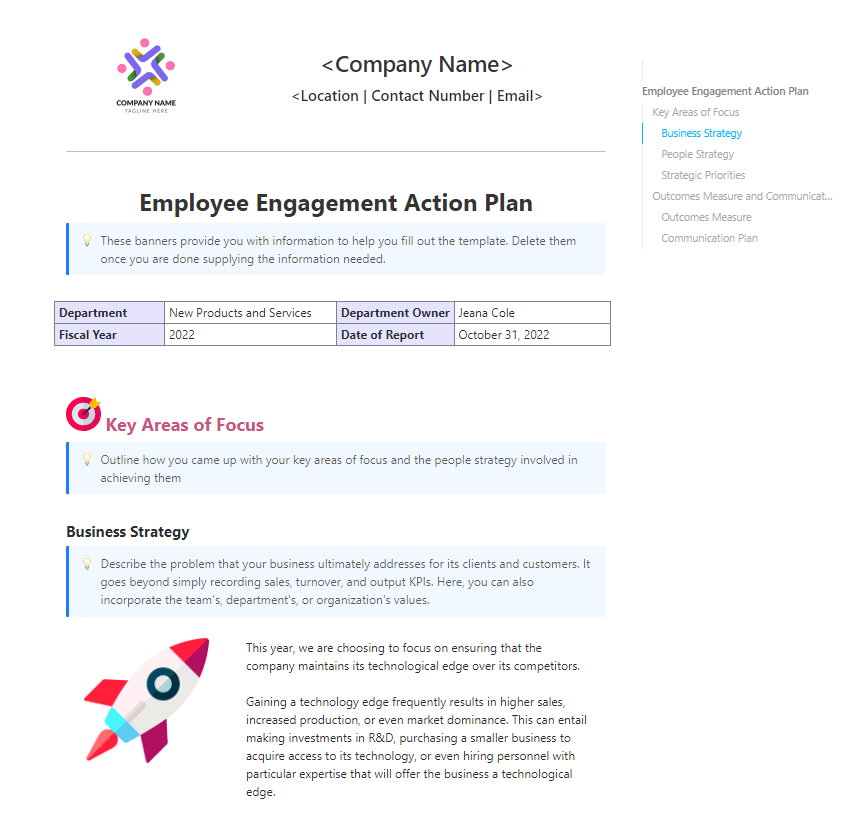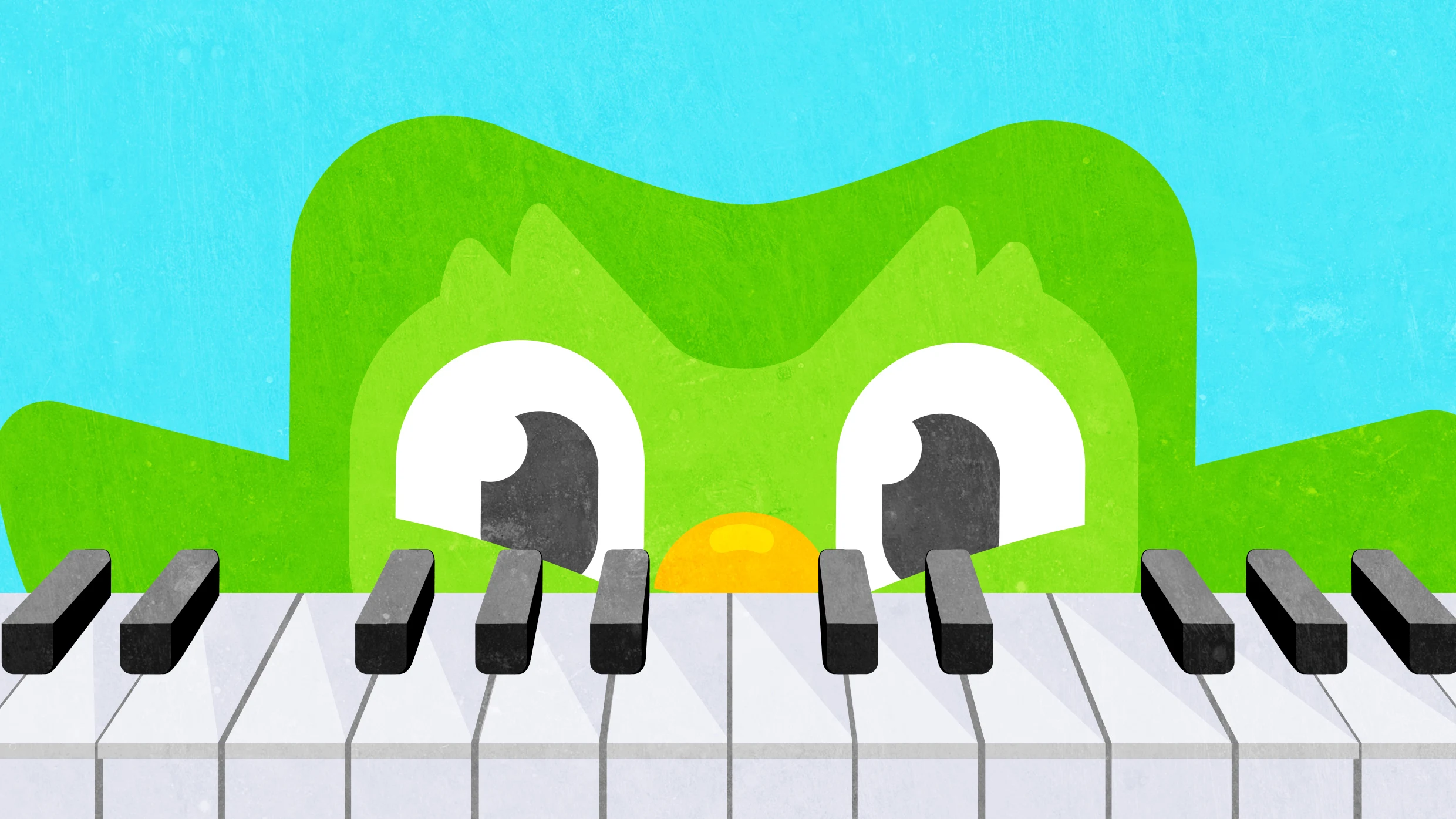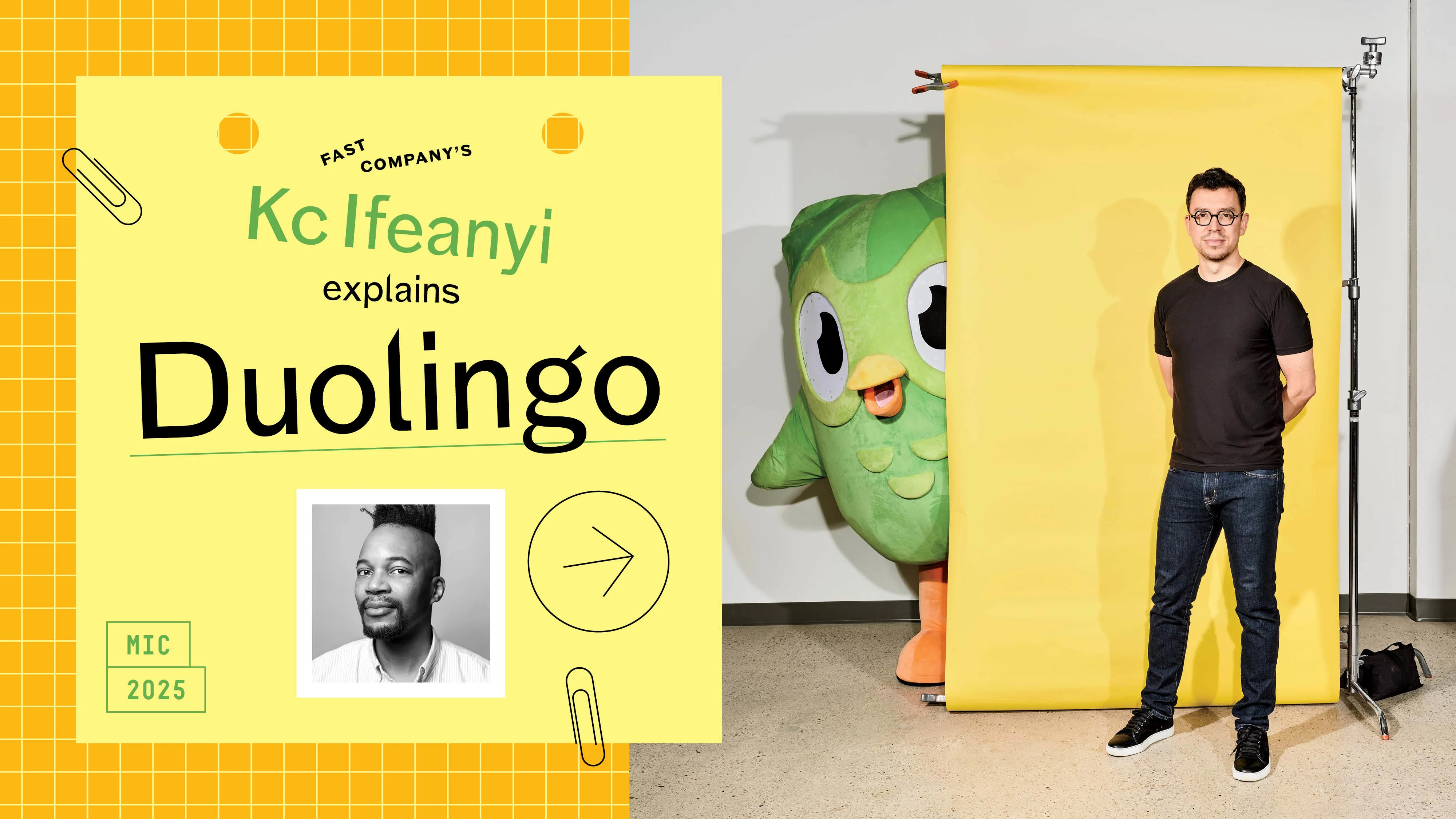fromFast Company
13 hours agoHow gamification is transforming public health
In many ways, public health can't afford to ignore gamification. Addiction is already gamified-and it's winning. As one example, "smart" vapes now feature screens, rewards, animations, and puff tracking. These high-tech devices have become top-selling products, with 32% of youth and 33% of young adults reporting using vapes with screens, games, or Bluetooth connectivity in the past month. These products are applying the same engagement strategies used in consumer tech to drive repeat use and ultimately sustain addictive behavior.
Public health

